IIT, Argonne team designs Li2O-based Li-air battery with solid electrolyte; four-electron reaction for higher energy density
Green Car Congress
FEBRUARY 25, 2023
The team’s battery chemistry with the solid electrolyte can potentially boost the energy density by as much as four times above lithium-ion batteries, which translates into longer driving range. A lithium-air battery based on lithium oxide (Li 2 O) formation can theoretically deliver an energy density that is comparable to that of gasoline.

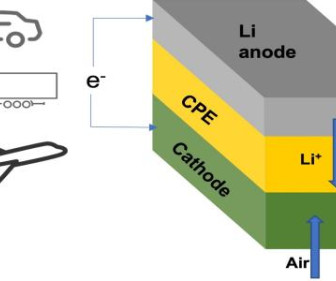

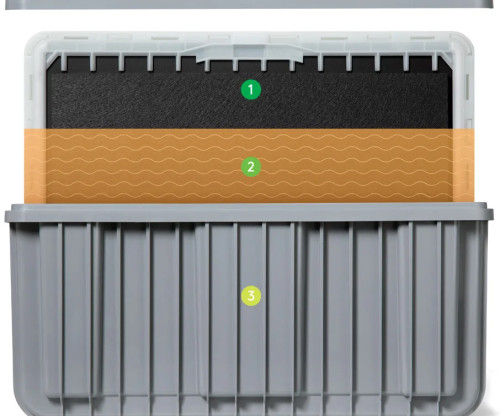



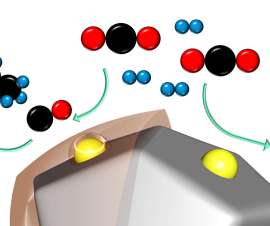
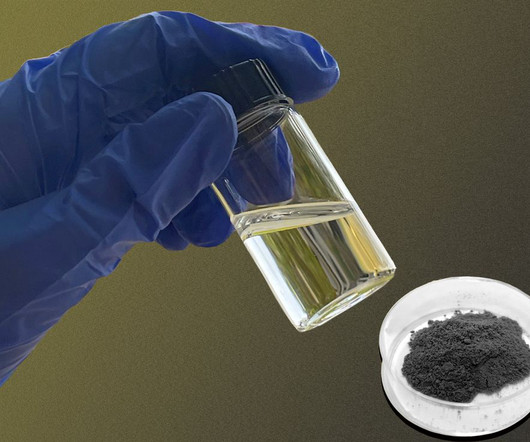
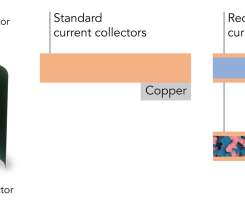



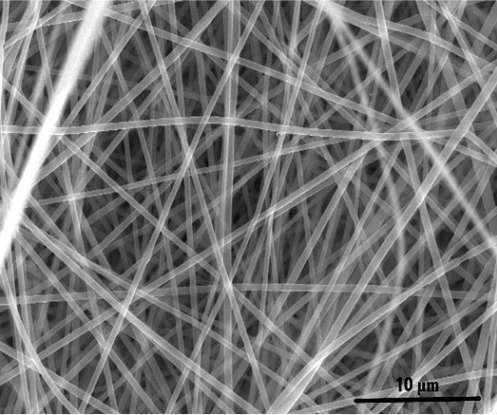






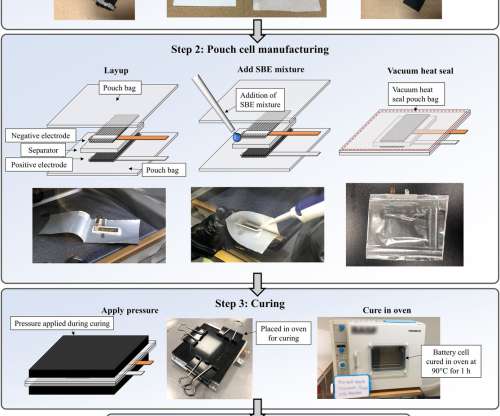







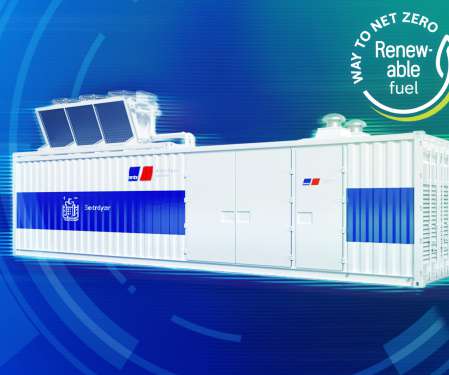








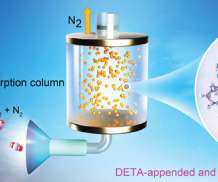







Let's personalize your content